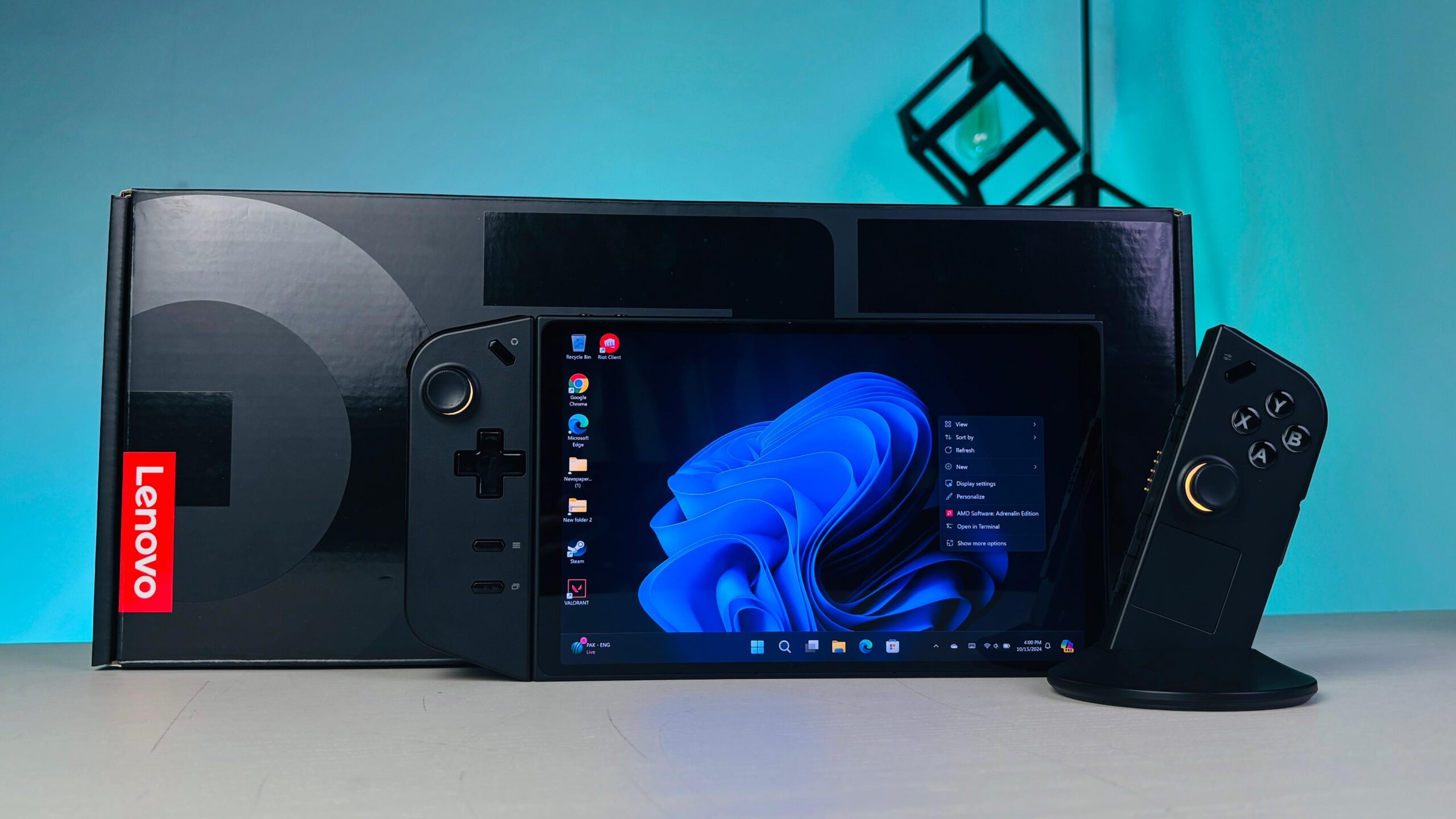As Apple pushes forward with its latest suite of AI features under the banner of “Apple Intelligence”, older iPhone models find themselves sidelined from some of the most anticipated updates. This limitation stems from the specific hardware requirements necessary to support the sophisticated AI capabilities of iOS 18, notably included in the upcoming Apple Intelligence suite.
Hardware Requirements: The Core Issue
Apple Intelligence harnesses the power of the A17 Pro SoC and its integrated Neural Engine, which is significantly more potent than its predecessors. This hardware is exclusive to the iPhone 15 Pro and iPhone 15 Pro Max, which boast 8GB of RAM essential for managing the AI’s complex computational demands. Older models, including the standard iPhone 15 with only 6GB of RAM, fall short of these requirements, lacking the necessary processing power and memory needed for optimal functionality of these AI features.
Impact on Older Devices
For users of models older than the iPhone XR, the iOS 18 will still operate but will exclude the advanced Apple Intelligence features. This includes AI-driven tasks like live voice transcription and sophisticated photo editing tools that require substantial AI processing capabilities which are only available on the newer hardware. Thus, while these older devices will receive updates enhancing security and stability, they will miss out on the full spectrum of AI enhancements.
Software and Regional Limitations
Further complicating the issue, the rollout of Apple Intelligence features will initially be limited to devices set to US English, affecting the accessibility for global users at the outset. This phased deployment strategy hints at Apple’s cautious approach to implementing its AI features, ensuring they are optimized before wider release.
Why Does This Matter?
This move by Apple underscores a broader industry trend where cutting-edge software innovations are increasingly dependent on the latest hardware advancements. It reflects a strategic push to drive consumers towards newer devices, thereby fostering a continual cycle of upgrades. This practice, while beneficial for harnessing technological advancements, also raises questions about sustainability and consumer choice, especially as users of perfectly functional older models are forced to upgrade if they wish to enjoy the latest software enhancements.
Apple’s strategy with Apple Intelligence highlights the delicate balance tech companies must manage between innovation and accessibility. As the tech landscape continues to evolve with AI at the helm, users and analysts alike will be watching closely to see how these developments impact consumer behavior and the lifecycle of technology products.





















Add Comment